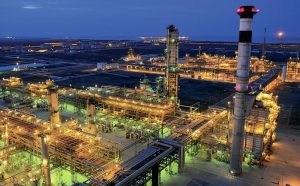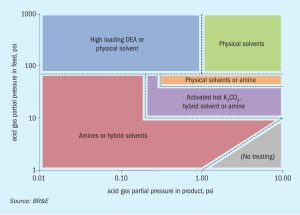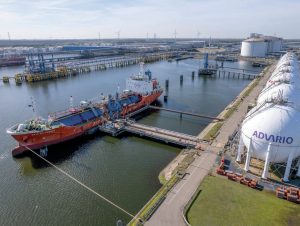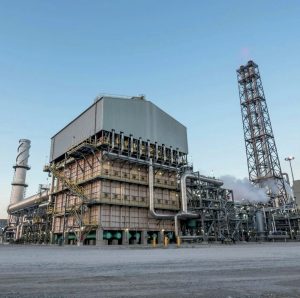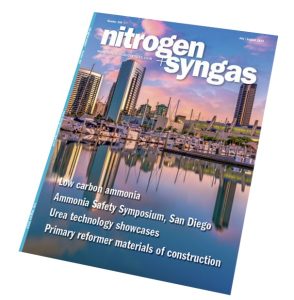Saudi Aramco has sold another tranche of 1.54 billion shares, amounting to 0.64% of the company’s total ownership. The sale, at 27-29 riyals per share, was oversubscribed by a factor of five, making it more popular than the previous IPO, in 2019, which sold 1.5% of the company’s shares for a total of $29.4 billion. Foreign take up of shares was also higher this time, with more than half of sales to foreign investors, compared to 23% for the 2019 sale. However, it remains relatively small in scale compared to Saudi Arabia’s ambitions as part of its Vision 2030 plan to encourage more foreign direct investment and wean the country off its dependence on oil. Aramco is the world’s largest oil company in terms of both daily crude production and market cap, and remains 82% in the hands of the government and 16% held via the country’s sovereign wealth fund, the Public Investment Fund (PIF).



